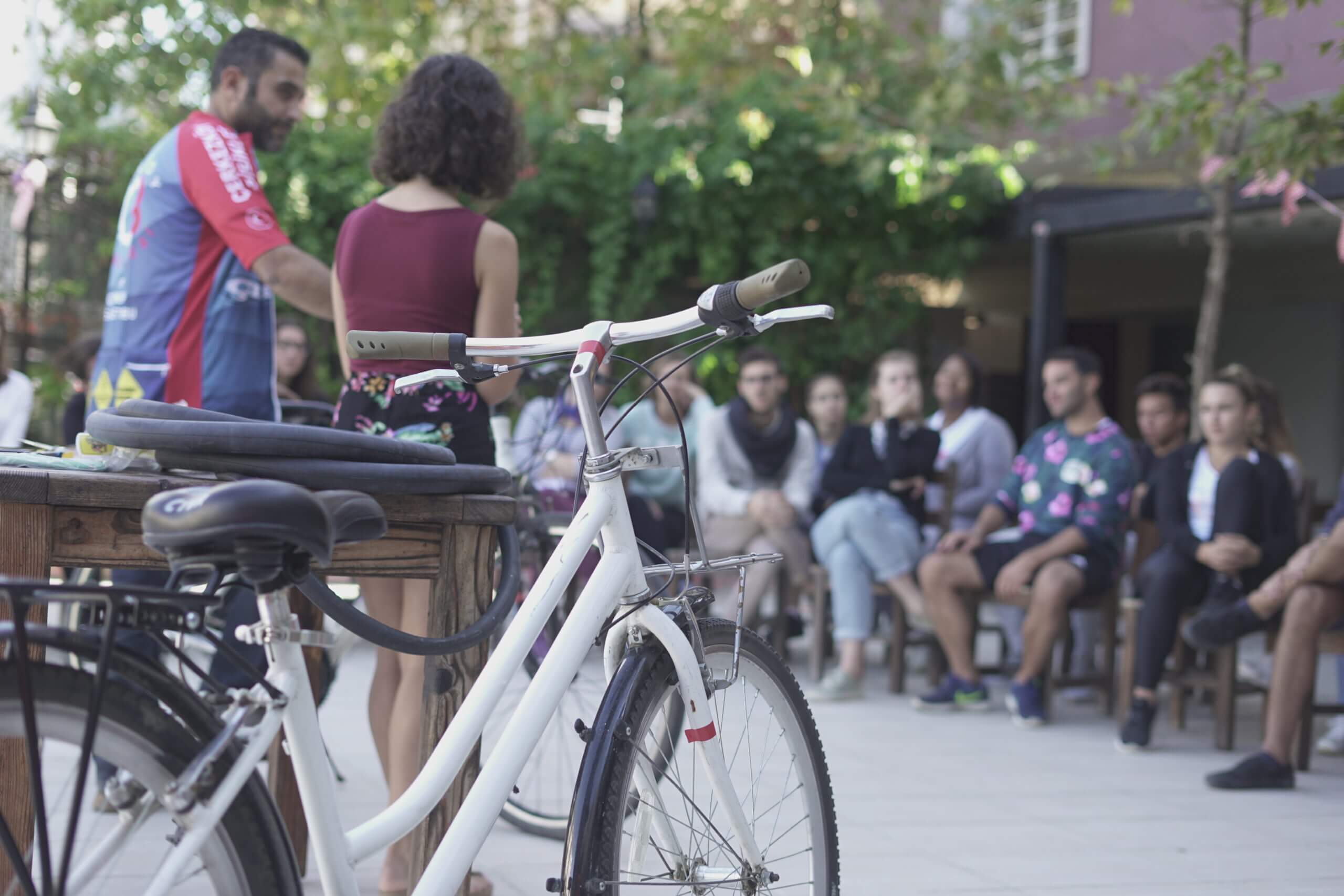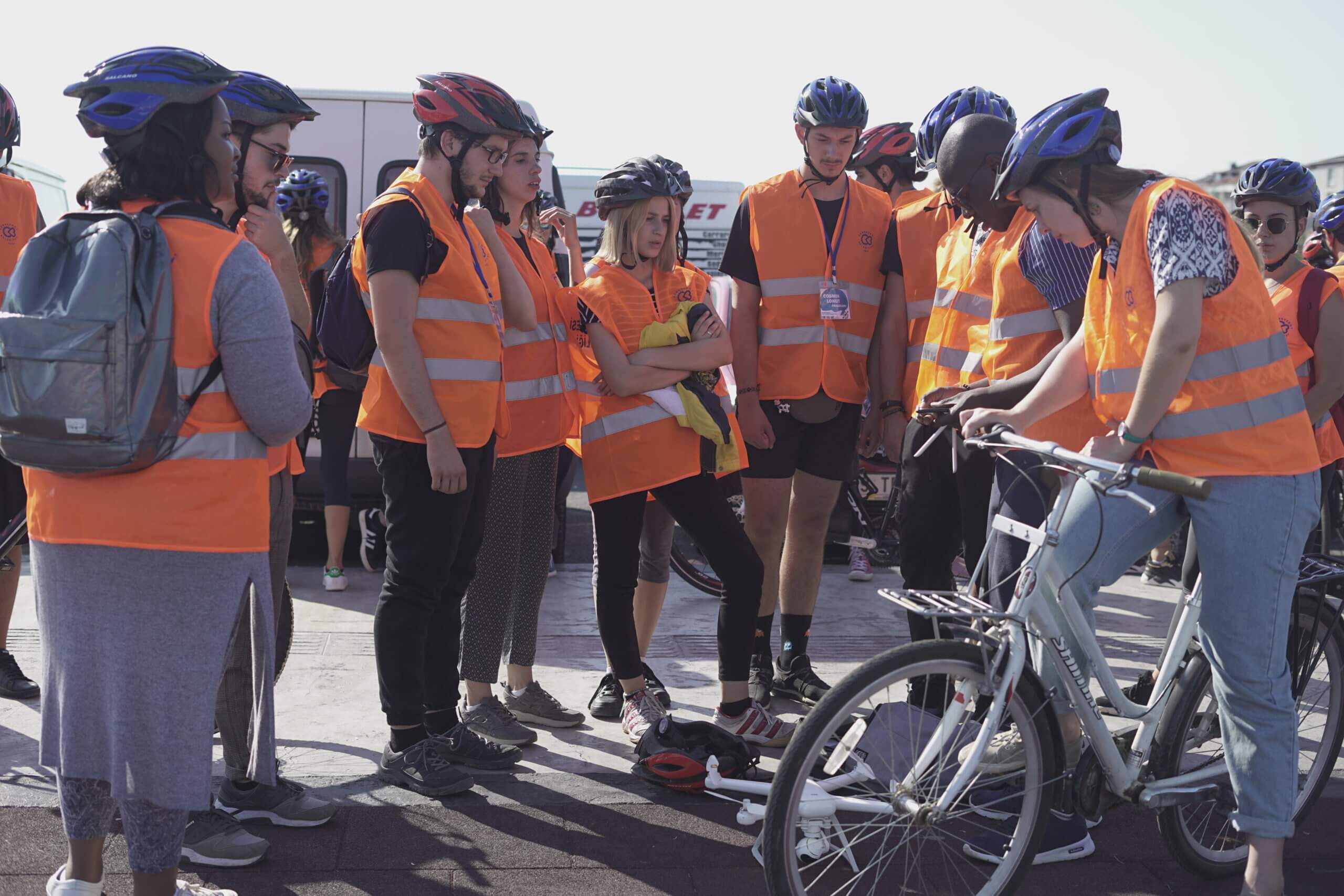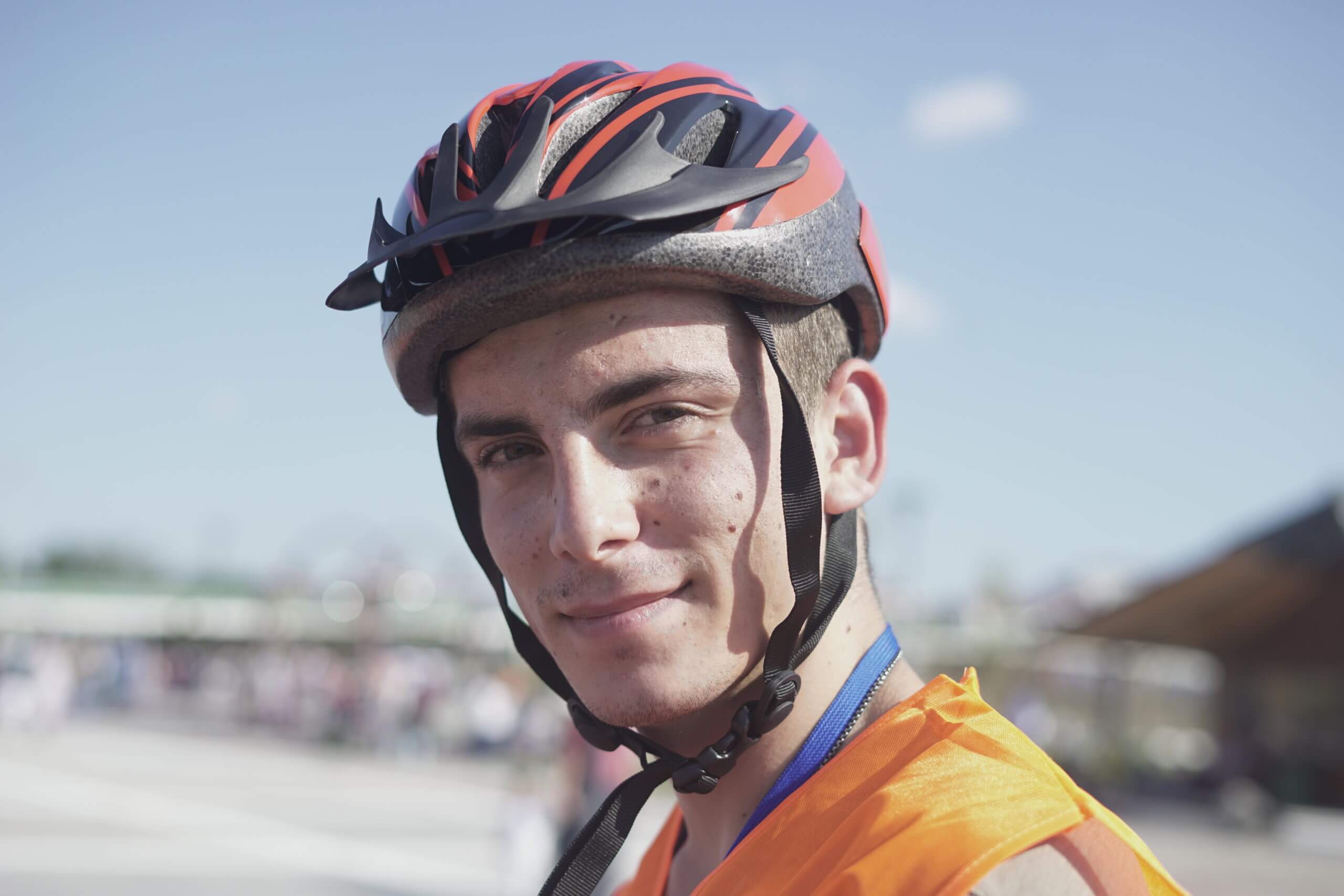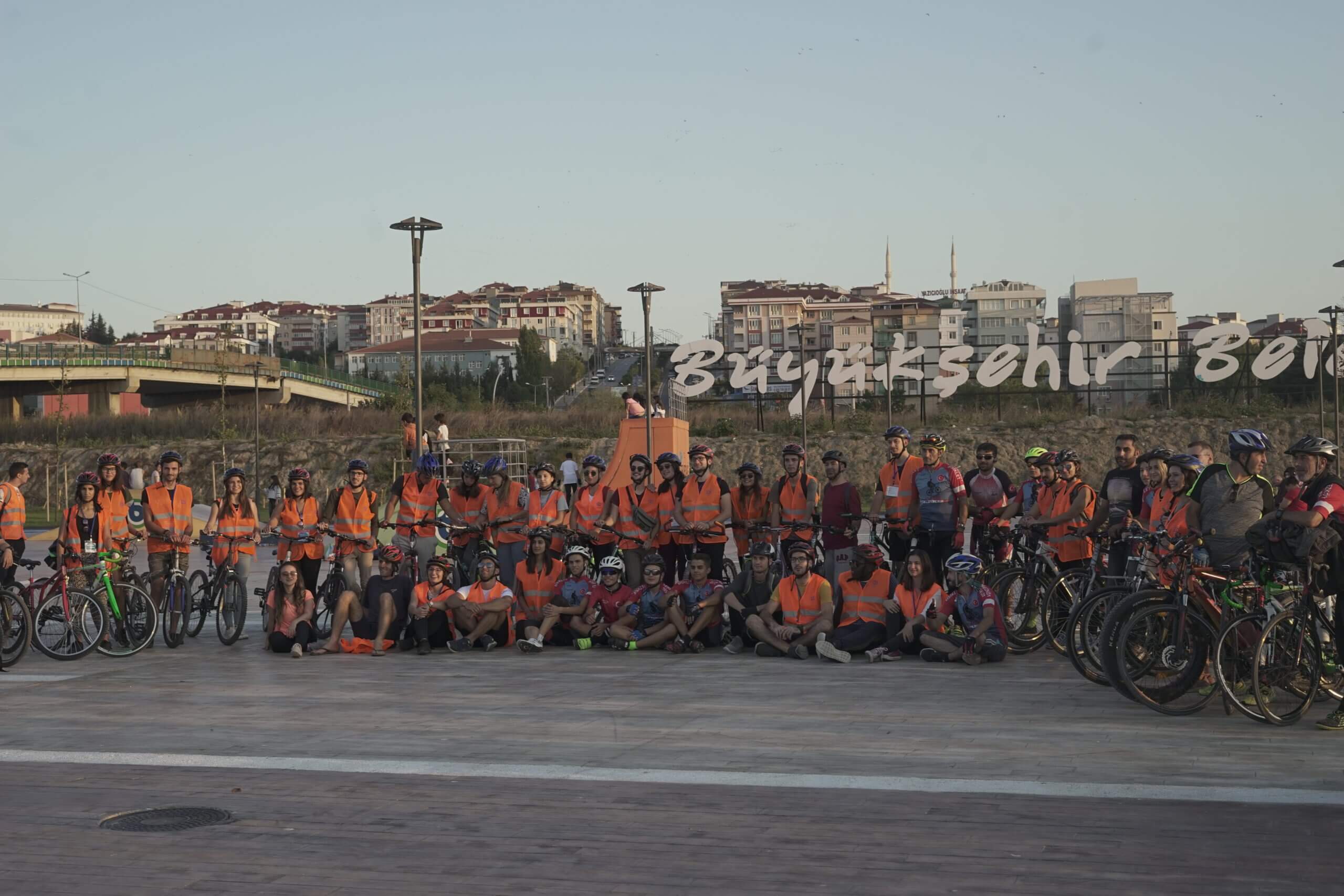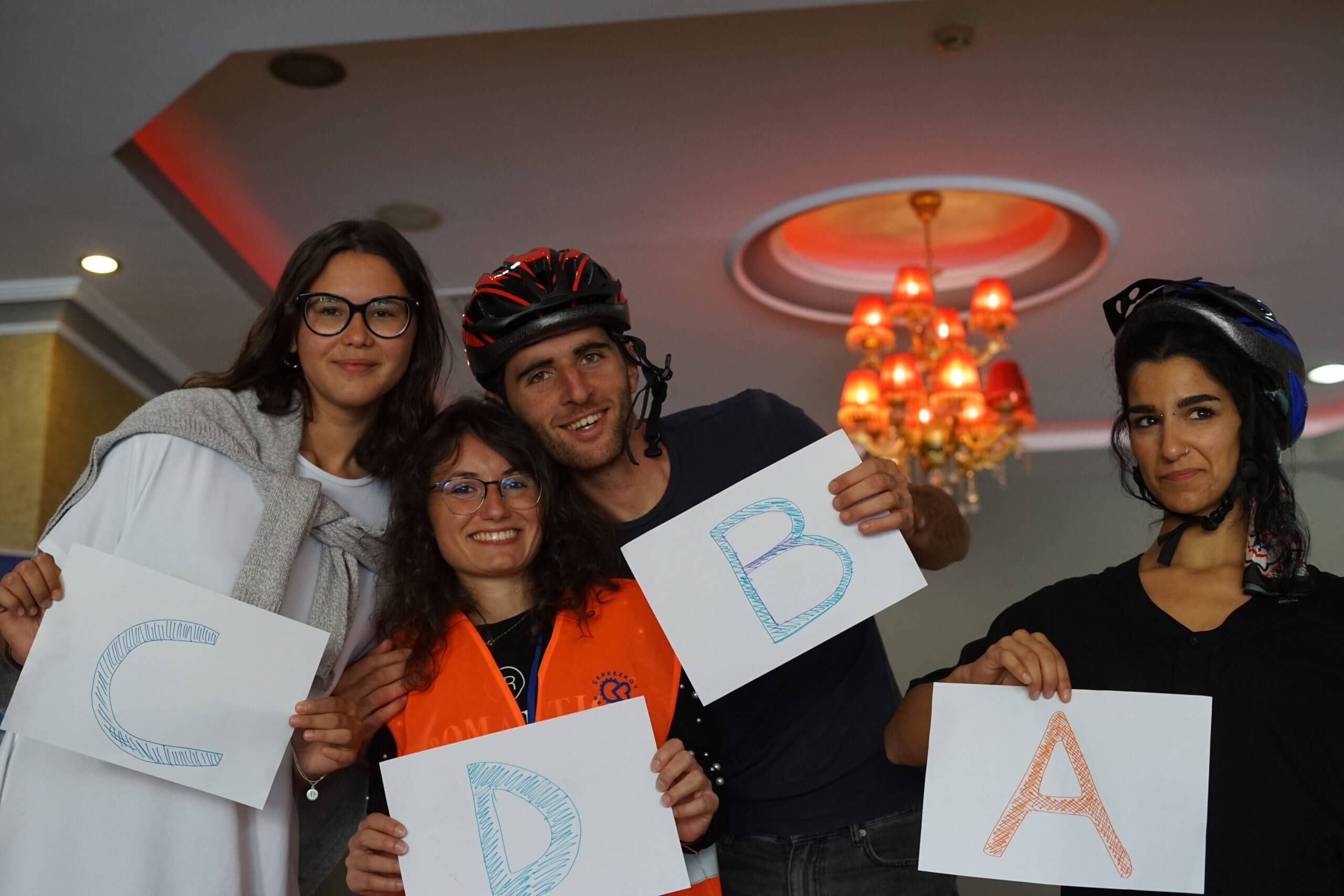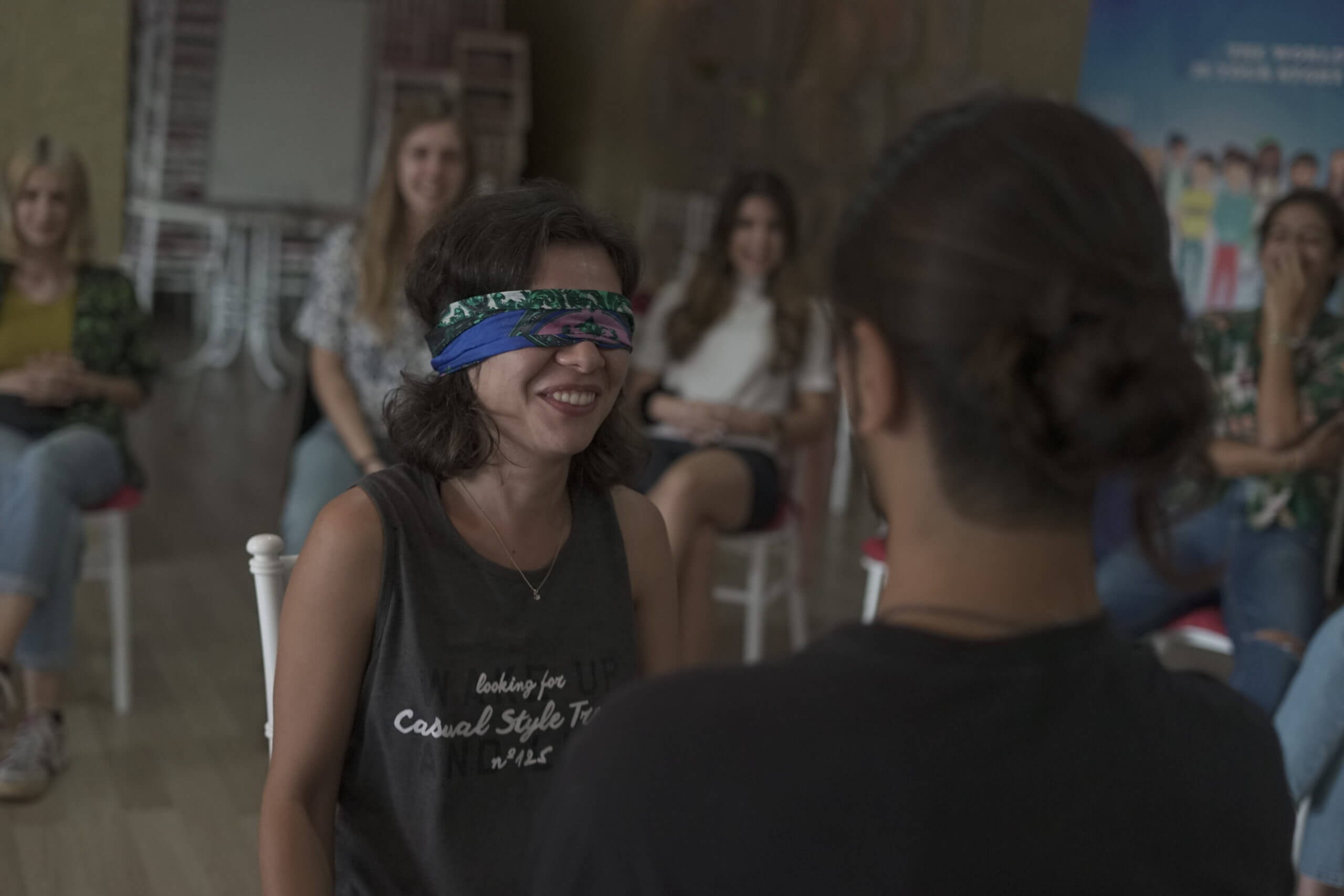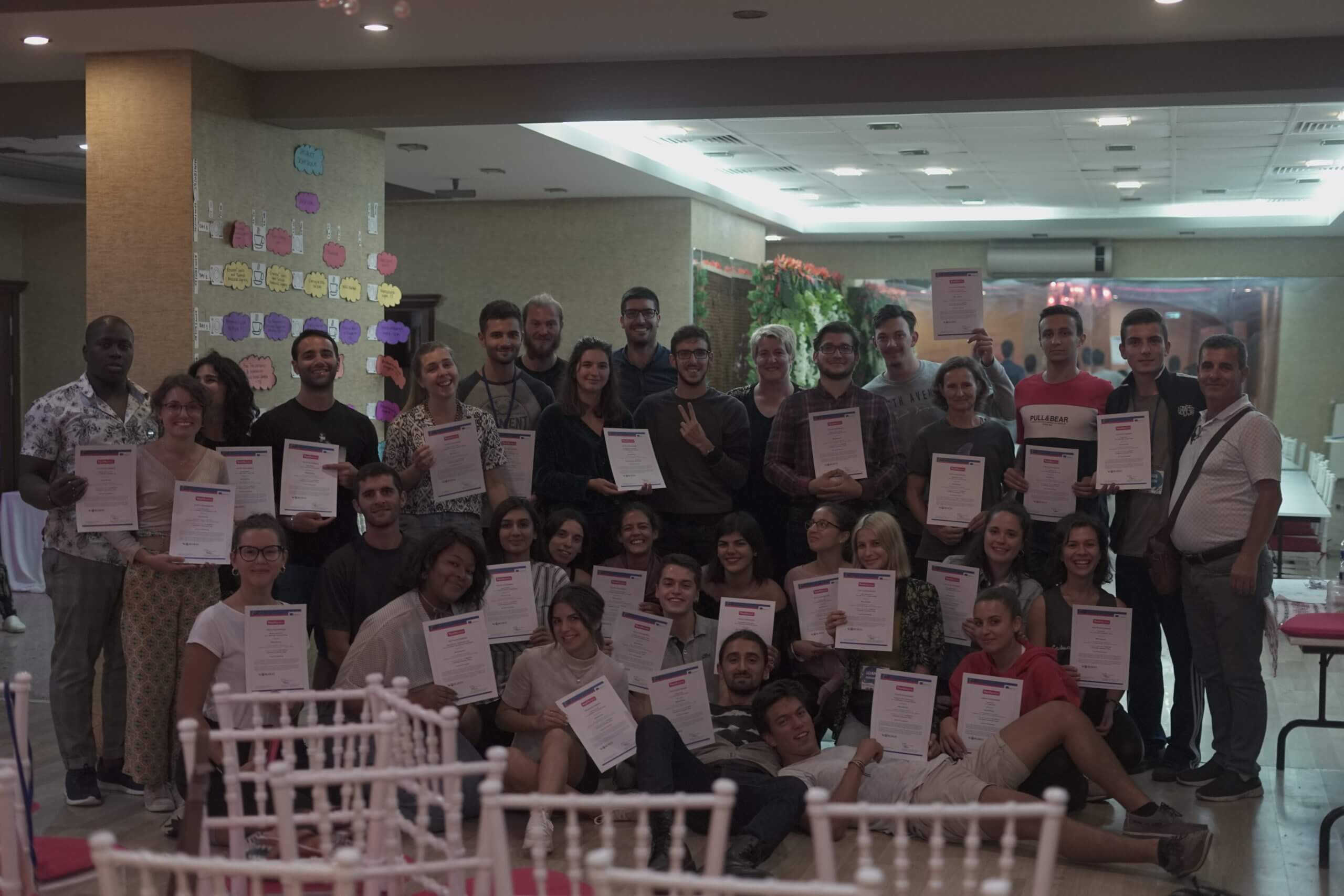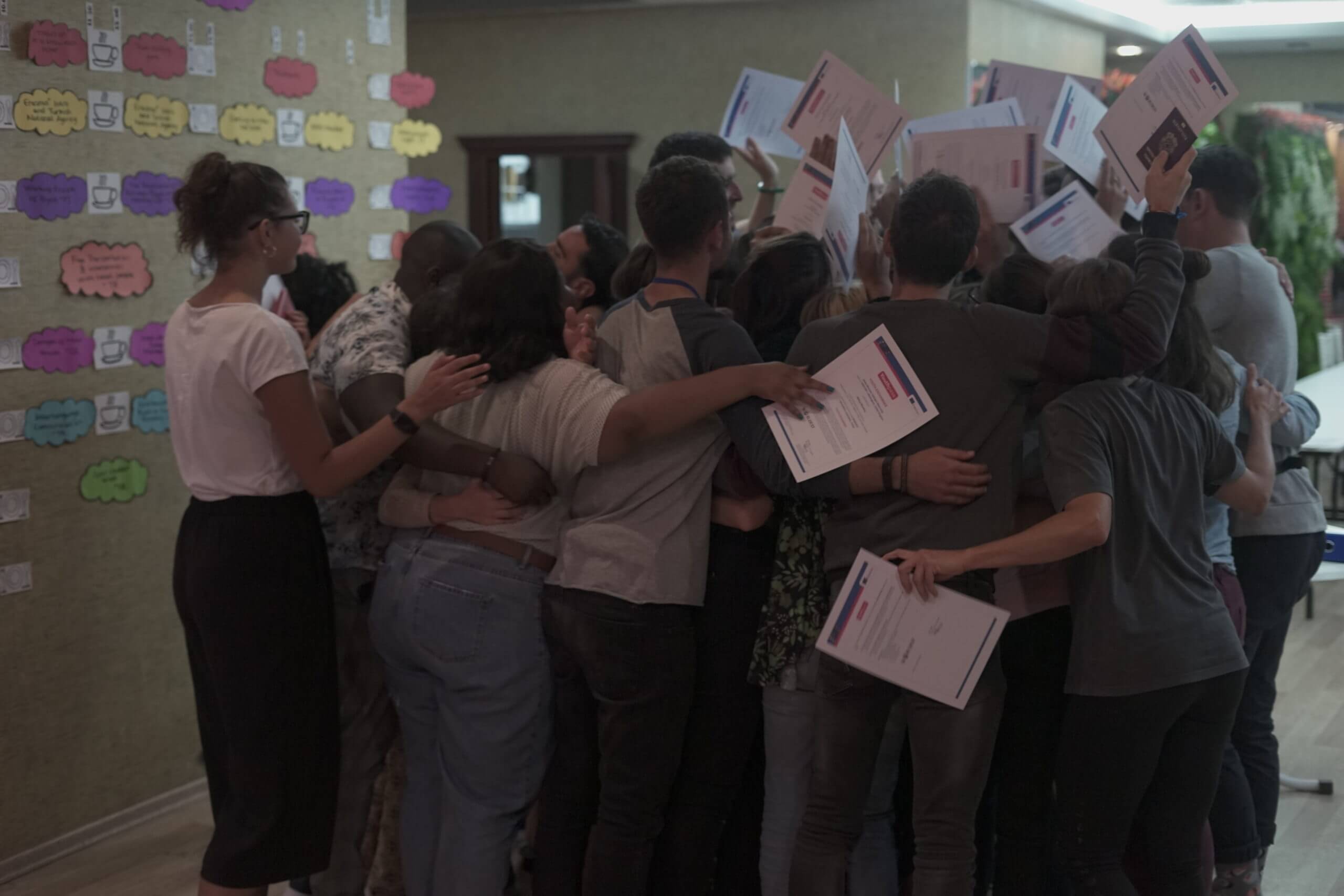Youth Exchange Projects are carried out under the Erasmus + Program of the European Union. While Erasmus + has many sub-programs, one of the most known among these programs is youth exchanges.
Youth exchanges enable young groups of 13-30 years old from at least two different countries to come together for 5-21 days around a topic of interest, carry out a series of predefined activities, and learn about each other’s cultures. In a youth exchange, many activities can be implemented, such as workshops, energizing activities, discussions, workshops, exercises, role-plays, simulations, and outdoor activities.
Youth exchange projects are usually managed by youth organizations, informal youth groups, or non-profit organizations (you can find the full list here).
Youth Program; Within the framework of the project, young people have goals such as improving the knowledge, skills, and behavior of the participants, increasing their interest in other cultures and languages through the presence of an intercultural environment, and expanding European Union values. These learning experiences of the participants are recognized through the Youthpass Certificate.





